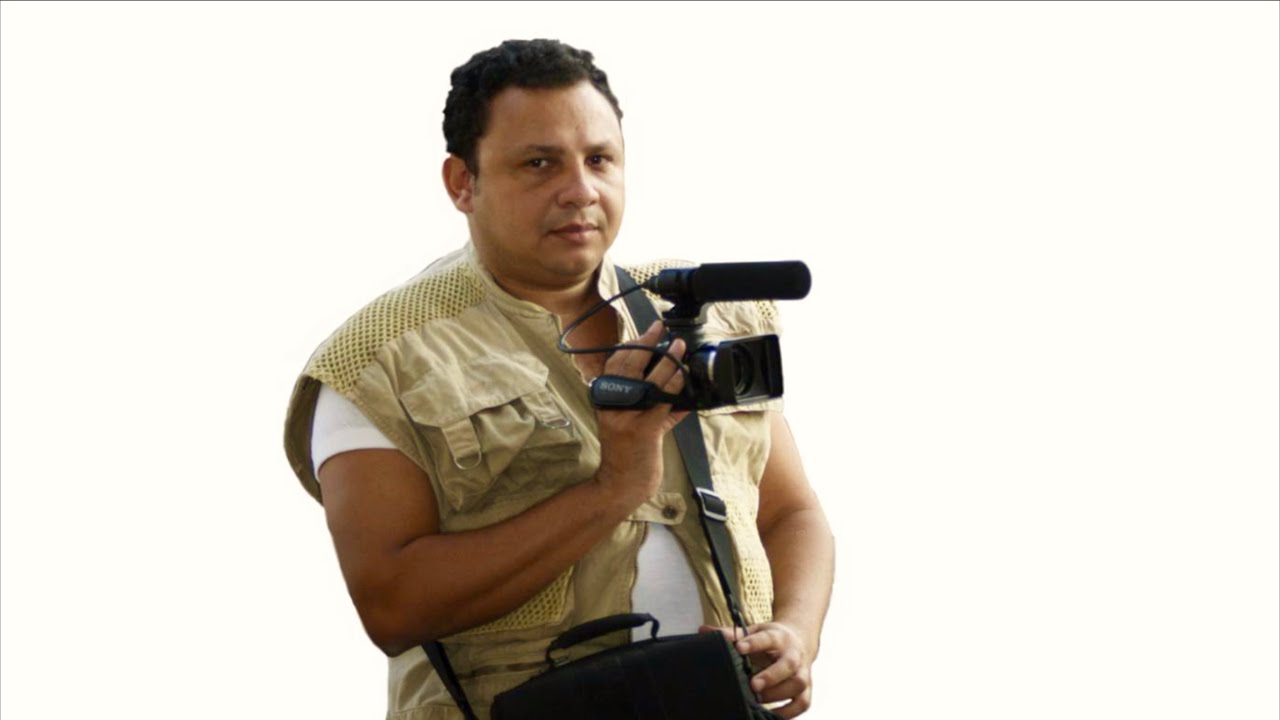Journalist Roberto Guerra Pérez was held in Cuban correctional facilities three times for his political activism, enduring horrendous conditions, torture and a dengue fever outbreak. Now living in the United States, he tells Marjan Greenblatt that families here have all the resources they need to self-isolate.
Firebrand journalist Roberto Guerra Pérez endured 16 years of persecution in his native Cuba before applying for political asylum in the United States.
The activist and founder of independent news agency Hablemos Press was arrested more than 300 times by Cuban secret police for his oppositional activities.
He faced three separate stints in Cuban correctional facilities between 2004 and 2016, lasting six, nine and 22 months, enduring physical and psychological torture in appalling conditions.
Now self-isolating along with his family in Atlanta, Georgia, Guerra Pérez tells IranWire how he survived a state of affairs he describes as “hell” – and his alarm at how Cuban authorities are so far handling the coronavirus crisis.
The prison population in Cuba is thought to be around 70,000, housed in 250 facilities up and down the country. “Cuba has become a massive prison,” Guerra Pérez says.
“A day in a Cuban prison could be interpreted as a day in hell. Just like it’s depicted in the Bible, in the Book of Revelation.
“Prisoners in Cuba live in horrendous conditions, and even more so now during this pandemic, because there is a total lack of control.
“The regime proclaims there’s healthcare and medicine for all, which is a big lie. The prison population is suffering excessively from the lack of medical attention, medicine and first aid.”
In 2005 Guerra Pérez was serving one of his prison sentences while the Cuban authorities were trying to contain an outbreak of dengue fever. “Many inmates died and the regime hid the figures from the rest of the world,” he says.
In his own spells inside, Guerra Pérez was beaten, confined to overcrowded areas and experienced physical and psychological torture.
Unsanitary conditions at some facilities made many inmates sick. At the Nieves Morejon prison in central Cuba, horse and cow skins from a neighbouring slaughterhouse were stretched across the roof to dry, and excrement from the prison toilets ran freely under floors that stood on concrete stilts.
Political prisoners in Cuba, Guerra Pérez says, are routinely denied certain privileges afforded to other inmates: exercise, and access to reading material, even the Bible.
He kept himself entertained by searching for magazine clippings to read, and through rudimentary crafts. “I would take my soap bars and make sculptures,” he says, “so that I could kill time.”
Today because of his experiences in Cuba, Guerra Pérez counts himself lucky. The family are mainly staying indoors in deference to government guidelines and have everything they need – unlike those in Cuba, Guerra Pérez says.
“This morning I called my mother [in Cuba],” he says. “Government officials have placed a little bleach on the doors of some houses for people to disinfect their shoes with, but they have not handed out masks or other disinfections. This pandemic could kill many people in Cuba, where the regime declares it has everything under control.
“Today I feel free in a country that opened its doors to me, that welcomed me. I now dedicate my time to writing, in addition to caring for my baby.”
Writing an account of his 16 years of political activism is largely keeping Guerra Pérez occupied, as well writing manuals to help Hispanics set up new businesses.
While doing chores and going out to buy food, he says, he takes “all the necessary steps to protect my family from this pandemic, which has scared us all”.
But he adds: “Today I have medicine. I have food. I have all the resources this country can offer me in order to be in quarantine. Despite the fact that many feel uncomfortable, we have all the resources.”
Read other articles in the series:
Tales of Isolation, Creativity and Survival
Chinese Activist Yang Jianli: I Restored My Sanity in Prison by Writing Poems in My Head
Turkish Writer: I Dreamed Up Novels in High Security Prison
Syrian Lawyer and Activist: Shared Goals Help Us Through Confinement
Environmental Activist: Stories and Song Made Russian Cells Bearable
Korean-American Kenneth Bae Says Faith and Family Helped Him Endure Two Years of Hard Labor
Accept, Create and Tolerate: An Iranian Activist Reflects on Confinement
Shiva Nazar Ahari: Solitary Confinement and Quarantine both Isolate You from Society
Mazyar Ebrahimi: No one insults you in quarantine. But in solitary confinement...
Former Prisoner Siamak Naderi: Small Miracles Happen in Isolation
visit the accountability section
In this section of Iran Wire, you can contact the officials and launch your campaign for various problems





























comments